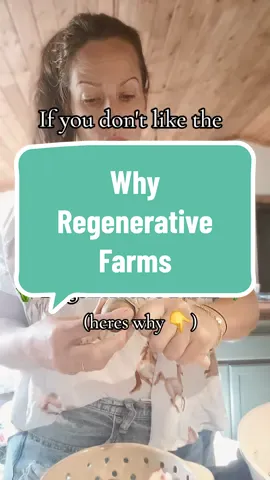LifeWitRoseMae
Region: US
Wednesday 03 September 2025 19:02:54 GMT
51155
4455
142
150
Music
Download
Comments
Kenneth Bell :
dam I hear u sweetie u go
2025-09-06 00:02:04
3
Mr V B :
Man hear me out
2025-09-04 03:44:34
1
anthonysmith6404 :
Killed it 🔥
2025-10-12 00:17:37
0
Harry Neighbors jr :
I believe you
2025-09-26 17:45:03
0
SlimOg :
Can I have some time time out of 1of or days🥰🥰🥰
2025-09-04 20:36:33
2
maaso dan :
I love this 🥰🥰🥰🥰
2025-09-06 10:03:48
1
strivingforgreatness6 :
What u got planned for us today ❤️❤️❤️
2025-09-03 19:04:26
1
RICHMOND ADADE :
hi
2025-09-07 18:49:17
1
Kill Baby :
On god I’m going 😭😭😭
2025-09-03 22:18:42
1
user9670330677180 :
damnit I love it ohweee
2025-09-04 12:01:30
2
king_grump5 :
Where my boots at 👀
2025-09-04 09:20:45
1
Musaabubakar :
Vitamin D
2025-09-04 20:51:44
1
derrickbutler1338 :
dam🥰🥰🥰🥰🥰🥰🥰😳
2025-10-04 21:16:10
0
Billy Daniel :
omw
2025-09-05 08:38:06
1
Velman Ndebele :
ubabawala uzonona struu😁
2025-09-06 17:28:58
2
Dale :
2025-09-06 16:52:21
1
no mercy :
so much pretty sweety ❤️❤️
2025-09-04 04:13:49
1
big Day Day :
Damn !!!!!🥰🥰🥰🥰🥰
2025-09-22 05:12:15
0
BigG :
Oh my Gosh I love everything about you ♥♥
2025-09-04 16:42:03
1
E. PHURIOUS :
get it girl.
2025-09-04 05:03:26
1
86baby :
Like this song like song said😏🌹🌹🌹🌹🌹
2025-09-04 19:13:56
1
DadudeBuccnasty :
yes lawd
2025-09-04 18:10:11
1
eugenekornegay155 :
dam😜😜
2025-09-04 04:21:19
1
dawonbright :
2025-09-17 21:24:34
0
user14257905398044 :
you're beautiful
2025-09-04 10:42:16
1
To see more videos from user @lifewitrosemae, please go to the Tikwm
homepage.





